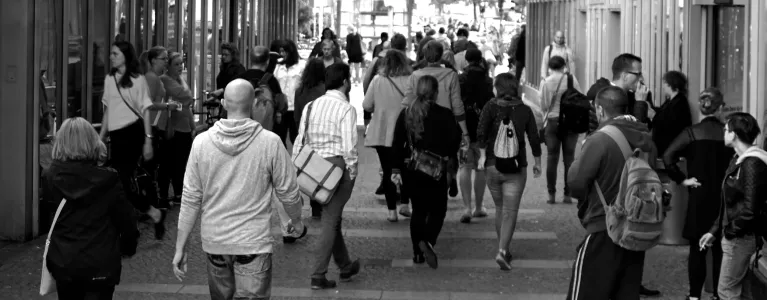
- Dementia diagnosis rates for all ages in London vary significantly: from between 65 per cent (Bromley) to 92 per cent (Islington).
- Diagnosis rates for people with young-onset dementia are not routinely captured, but there is often a delay to diagnosis – on average twice that of those with late onset disease.
- Each younger person could see between two and five different consultants before a diagnosis is made.
- The average time between symptom onset and receiving a diagnosis of young-onset dementia is 4.4 years
Following an investigation into young-onset dementia[1], the London Assembly Health Committee publishes its recommendations today.
The report found that younger people living with dementia face different challenges to older people – including keeping a job, paying a mortgage, or caring for young children.
There is very little awareness of how dementia affects younger people, and very little support to help people continue to live their lives after diagnosis. With the Mayor holding a summit this week on making London dementia-friendly, the Health Committee calls on him to make sure younger people with dementia are fully included in his plans.
The Health Committee makes the following recommendations:
- Tackling stigmatisation should include positive role models of younger people who are living well with dementia.
- All bus companies operating within London should implement dementia awareness training, including specific information on young-onset dementia.
- Both TfL and London Councils need to ensure that eligibility for subsidised travel recognises the impact of cognitive impairment on ability to travel.
- Younger people living with dementia need more support to stay in employment.
Dr Onkar Sahota AM, Chair of the Health Committee said:
“Someone develops dementia every three minutes. Sadly, many people are facing it alone.
“Currently, diagnosis rates and the quality of care for people with dementia fluctuate from borough to borough. But everyone in London should have access to the same level of support.
“London should be a city where everyone is supported and no one is stigmatised because of their health condition. We can all do our bit to learn how to implement the small changes that make a big difference to the life of someone with dementia.
“Together, we can make London the world's first dementia-friendly capital city.”
Notes to editors
- People who develop dementia before the age of 65 are referred to as having young-onset dementia (YOD).
- Report attached
- Onkar Sahota AM, Chairman of the Health Committee, is available for interview – see contact details below.
- London Assembly Health Committee
- As well as investigating issues that matter to Londoners, the London Assembly acts as a check and a balance on the Mayor.
For media enquiries, please contact Sam Casserly on 020 7983 4603. For out of hours media enquiries, call 020 7983 4000 and ask for the London Assembly duty press officer. Non-media enquiries should be directed to the Public Liaison Unit on 020 7983 4100.